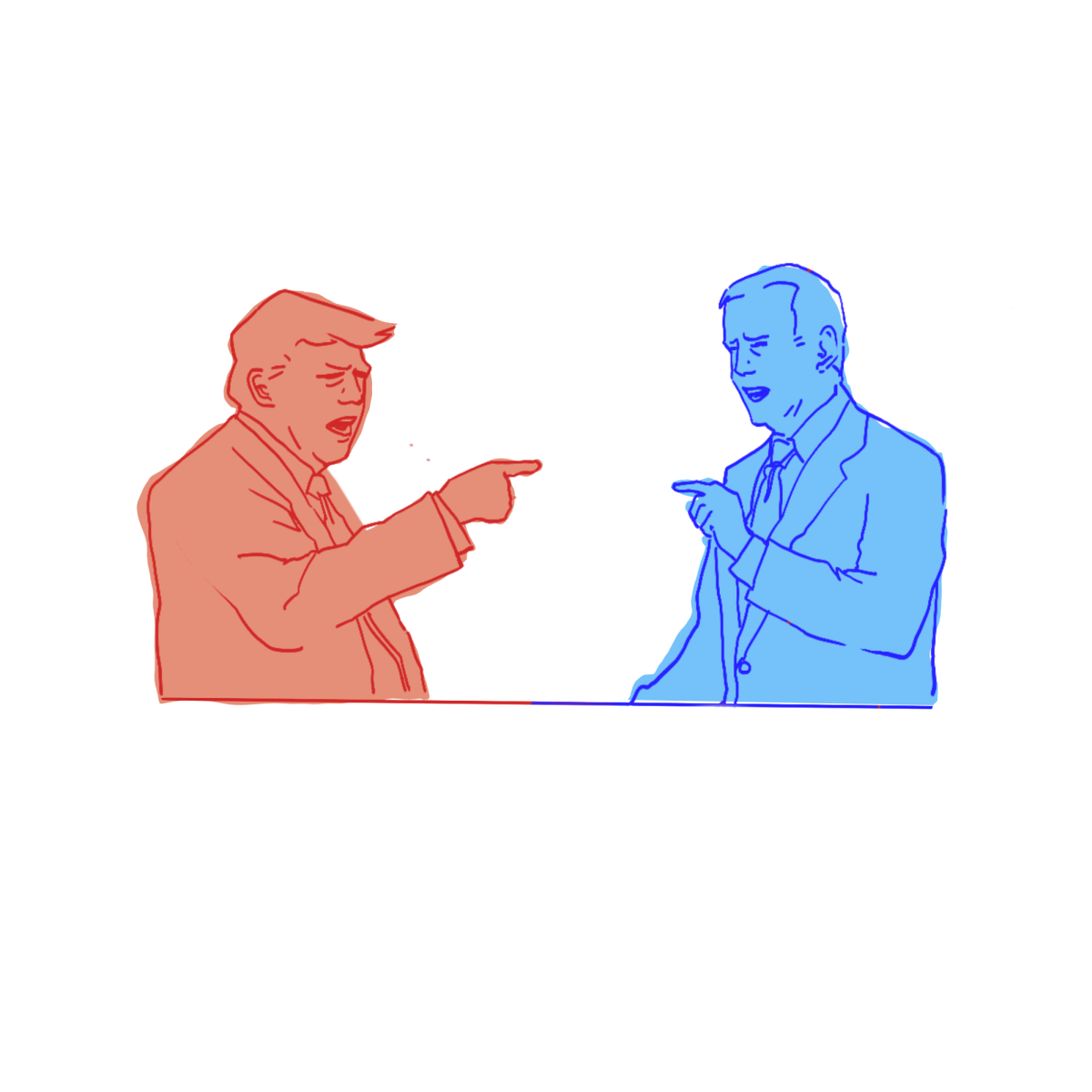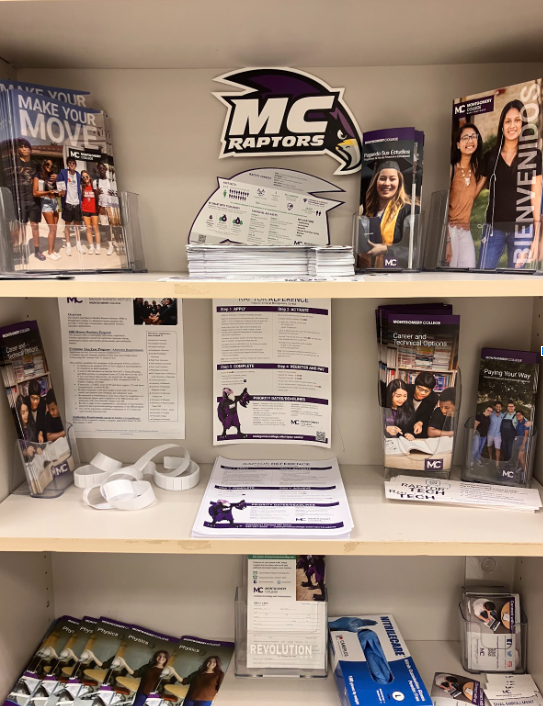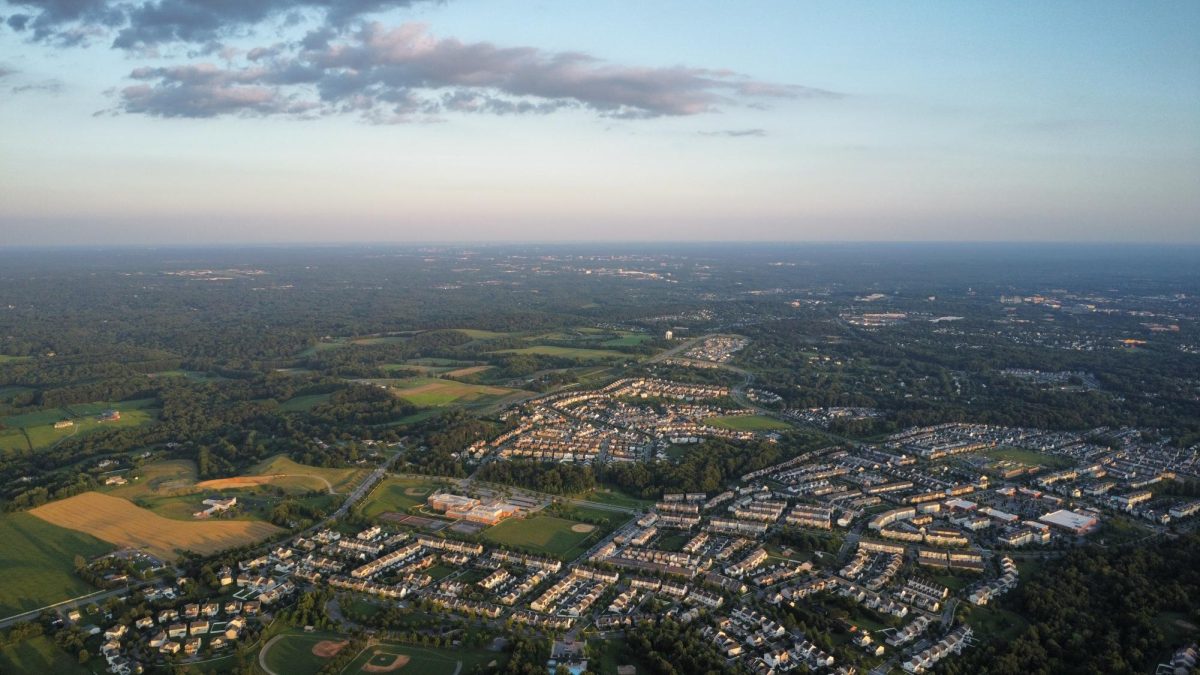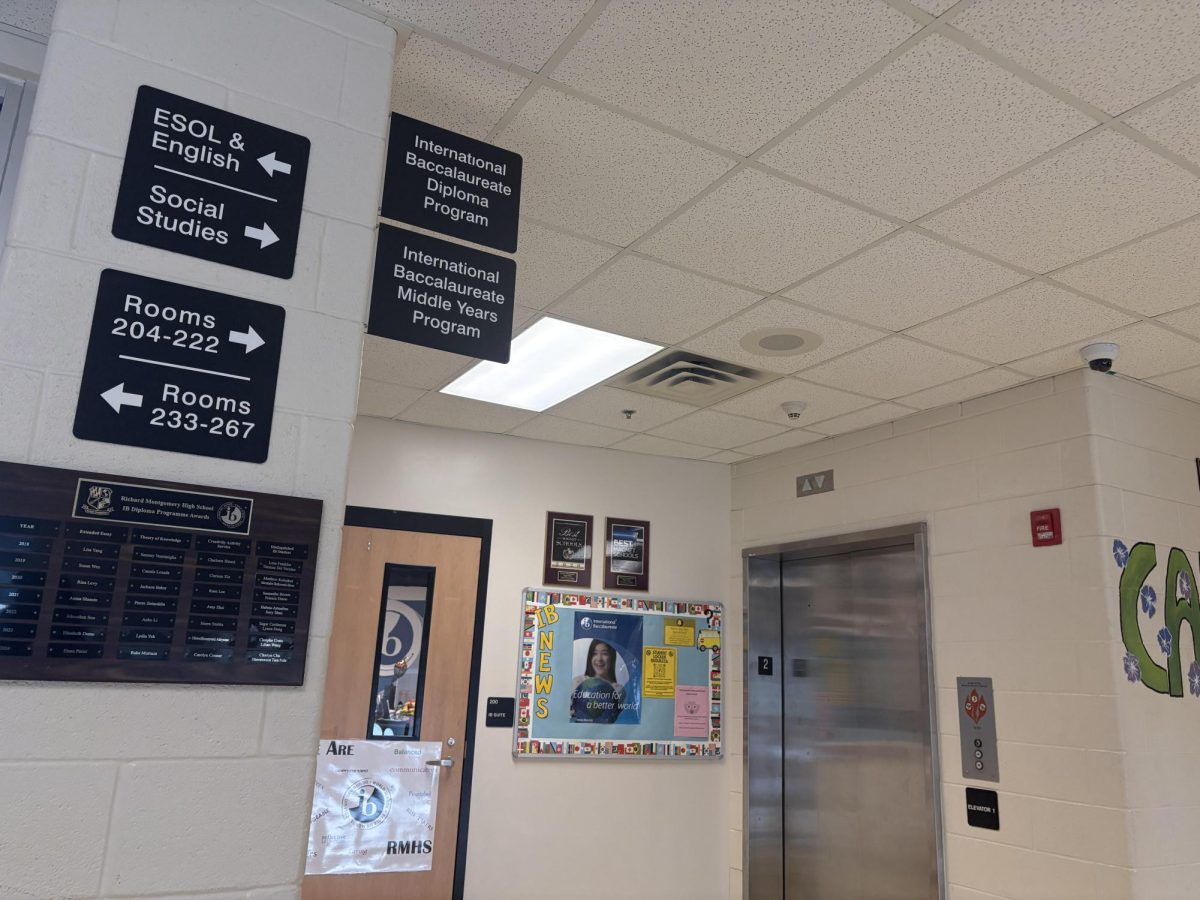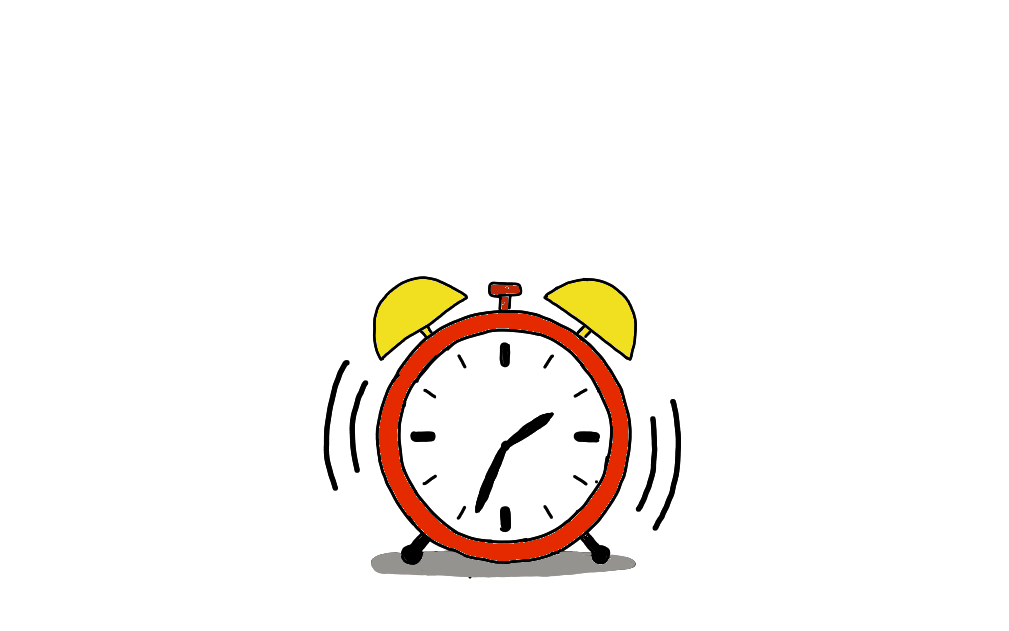In 2008, Republican candidate for President, John McCain, publicly defended his opponent Barack Obama from a disrespectful comment. During a rally a month before the election, a supporter claimed that Obama was “an Arab,” not a natural born American citizen and was therefore unfit to be president, despite being born in Hawaii. McCain, very graciously, responded with, “No ma’am, he’s a decent family man, citizen, that I just happen to have disagreements with on fundamental issues, and that’s what this campaign is all about.” The Associated Press noted that this was a “reflection of [McCain’s] thinking that partisans should disagree without demonizing each other.”
Sadly, this moment of civility and diplomacy between candidates has since all but disappeared. Recent presidential debates in the United States have become increasingly partisan and entirely unhelpful to voters seeking to make informed decisions. Debates used to be crucial moments for candidates to clearly articulate their ideologies and intellectually sway undecided voters. Now, they have devolved into viral TikTok clips of candidates attacking their opponent’s personal lives to undermine their credibility.
Debates are a fundamental and crucial part of our electoral system, yet their dramatic shift from thoughtful discussion to political pageants have completely overshadowed their original purpose. The main reasons for this shift? Amplified voter polarization and unhealthy consumption and reliance on social media.
First, deepened rifts between parties have directly led to the downward spiral of presidential debates. Political animosity has surged in recent years, and candidates now focus on catering to their bases by tearing down the opposing party.
This shift was clear in both of the 2024 presidential debates, initially between Joe Biden and Donald Trump and then between Kamala Harris and Trump. The candidates consistently made petty digs at each other rather than engaging in substantive policy debate. In the former, Biden referred to Trump as “a whiner,” and called him someone with “the morals of an alley cat.” But, when Biden trailed off incoherently at the end of his statement, Trump responded in kind by remarking, “I don’t know what he said at the end of that sentence, and I don’t think he knows either.” Both candidates also repeatedly claimed that their opponent was “the worst President in all of American history.” Many of their exchanges quickly dissolved into insults and bickering with each other, trivializing the importance of the issues at hand.
Later, the candidates began arguing over who the better golfer was, reinforcing the absurdity of the situation. Trump declared that he had “just won two club championships, not even senior, two regular club championships.” He then told Biden that he would not be able to “hit a ball over 50 yards,” and Biden seemingly responded by challenging Trump to a golf match.
“I think it definitely lowers debate quality and makes it harder for individuals, especially moderates, to discern different positions on issues because it has turned into more of a spectacle rather than an actual debate,” sophomore Shreya Shete said. While the majority of voters who actively watch the debates are already decided and loyal supporters of their party’s candidate, the chance of winning over any number of undecided voters is critical for either party. Yet candidates now achieve this by portraying their opponents in a negative light, in hopes of making themselves appear more qualified by comparison.
Social media is another key factor in the shift in presidential debates. Short clips of candidates making a statement, either taken out of context, selectively edited or entirely misleading, often go viral. Unfortunately, in our digital age, a significant number of voters consume their news from social media, one of the most unreliable sources of information.
According to Pew Research Center, about 53 percent of U.S. adults sometimes receive news from social platforms, raising concerns over misinformation. “Everyone wants the short clips from one side speaking in their curated feed so that they feel informed,” sophomore Karman Saxena said. These clips, whether true or not, often spotlight the most outrageous moments from the debate. For instance, when Trump claimed that there were immigrants in Ohio eating pets, the clip was immediately edited into a song and dance on TikTok, going viral in a matter of hours. Similarly, moments when Biden repeatedly froze or lost his train of thought became viral memes all over social media, detracting from the rest of the debate. “The debates, for many reasons, have become more about creating a soundbite for social media than for discussing meaningful information,” AP Economics teacher Christopher Hinsvark said. Consequently, voters form perceptions of candidates based on trending videos, cementing debates as entertainment rather than education. They watch debates to cheer for their side, not to be open-minded and learn.
Substantive political debate is essential for our democracy to thrive, yet in the last 20 years, we have consistently drifted away from McCain’s professionalism and the civil tone of the past. So much, in fact, that when Harris purposefully shook hands with Trump during their debate, it was essentially viewed as bizarre and inconceivable.
It is a sad commentary on society that we prefer being divided, not united. Until we return to that point of civility and basic courtesy, debates will remain spectacles, not substantive.


